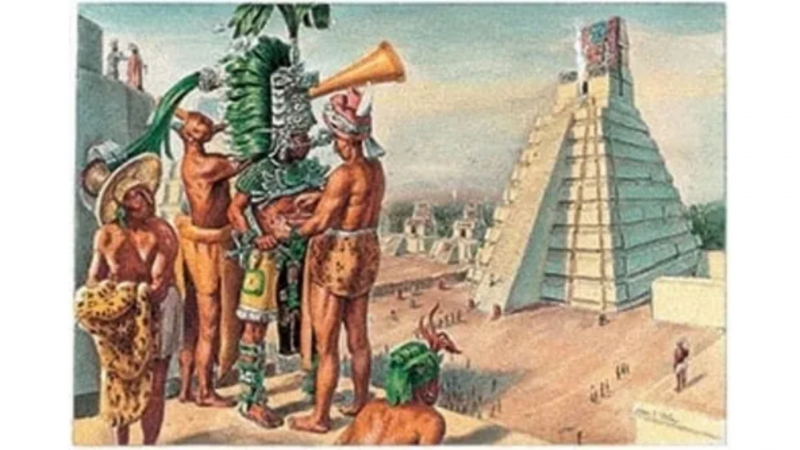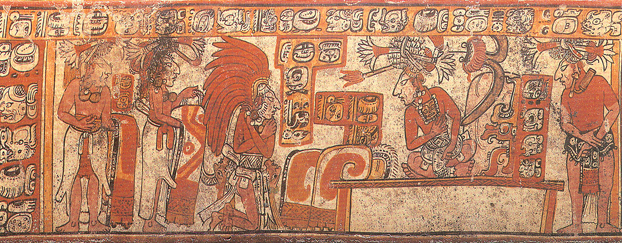Law and Order
In the ancient Mayan states, as the leaders rose to power, so did their legal systems. Halach Uinic and his council issued them under any of the circumstances. The judges who heard and decided on all civil and criminal cases were known as batabs.
Their legal system imposed severe, brutal penalties, with the death penalty being the most frequent one. Capital punishment was attributed to significant crimes that displeased Gods, including treason, rape, murder, adultery, arson, and incest.
The criminals would typically toss the victims off a cliff while strangling them with a rope or dropping heavy objects on their heads and necks to instantaneously murder them. The Mayans made a distinction between unintentional and intentional crimes, and the former required making amends or selling the victim's family a slave.
Because cutting one's hair short was considered a symbol of shame, petty criminals had their hair cut short. Instead of executing them, they were taxed more and sent to the army. Any child who committed a crime became a slave for his misbehavior.
Similarly, depending on the nature of the offense, temporary slavery or slavery for life was another penalty. Another type of punishment was the confiscation of property and auctioning it off. Only a serious crime would warrant such a punishment.
As a result, the Mayan laws were strict, sustaining a civilized society for many years. It serves as a model for present standards because it promotes the gathering of evidence and the use of judges to decide on a case, not to mention the distinction between accidental and purposeful homicide.













